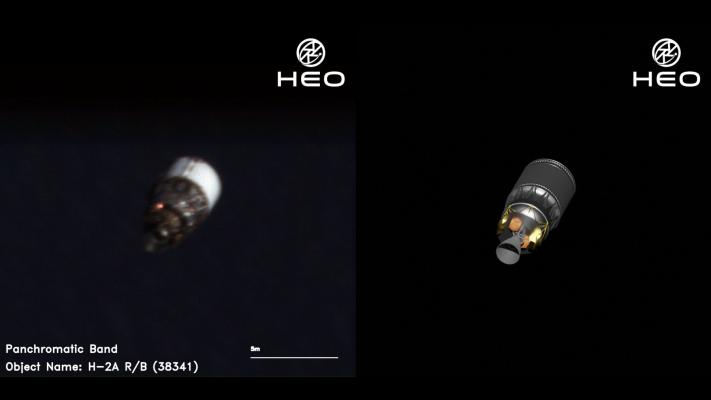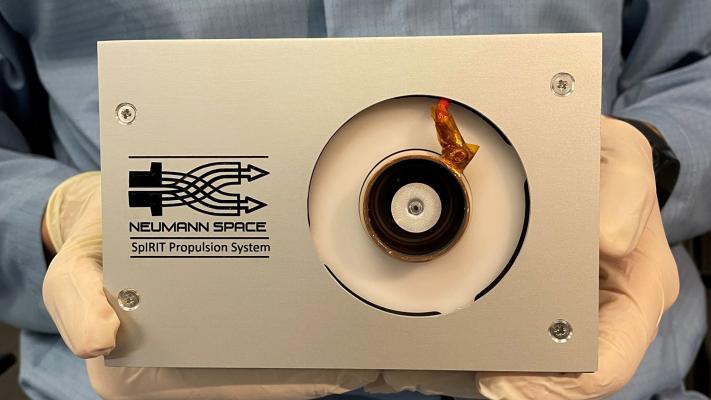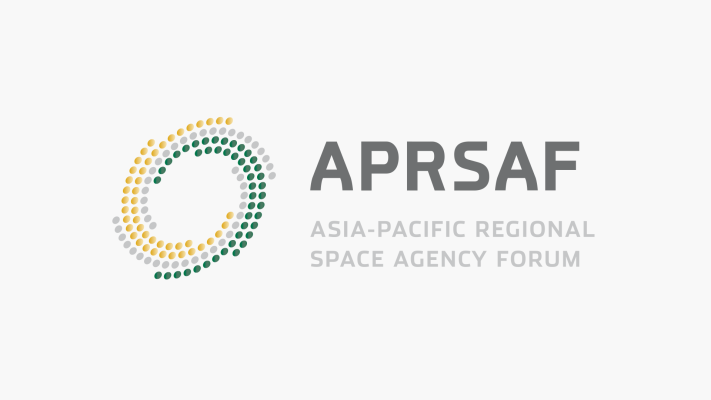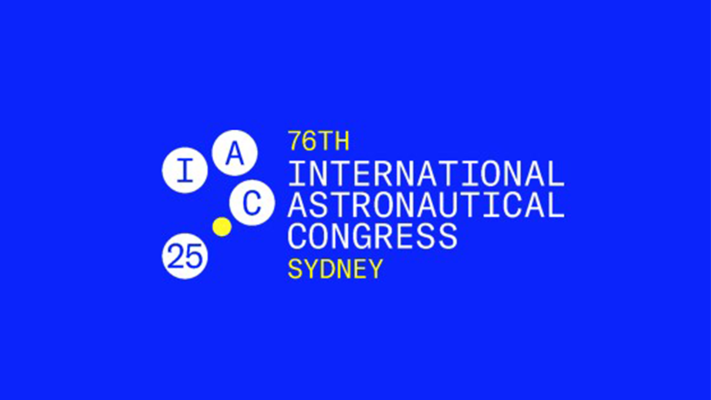Sustainable space activities support the economic resilience of the sector while mitigating potential environmental and social impacts.
With more satellites and rockets being launched than ever before, the amount of space debris is increasing. Space debris increases the risk of collision for active satellites – which could impact the essential services that support our everyday lives. Unsustainable space activities also have other impacts, such the streaks of light left by satellite constellations which pollute our night skies.
The number of space assets in low Earth orbit has increased more than three-fold since 2016, rising from around 2,700 operational objects to 8,700 in 2023.
The sustainable use of space is a global problem requiring a global response. Many of our international partners are responding to the rising environmental and economic risks by developing policies and initiatives that identify ways for their national sectors to pivot to more sustainable practices.
There are several international forums that consider issues relating to the peaceful and responsible exploration and use of outer space. Australia is committed to the development and implementation of rules and norms that seek to support the safety, stability and sustainability of outer space, including implementing the UN Guidelines for the Long-term Sustainability of Outer Space Activities and the Space2030 Agenda, while affirming the existing framework governing the peaceful use and exploration of outer space.
The Australian Government is developing an Australian sustainability of space activities policy which aims to support the long-term viability of the space sector so Australians can continue to benefit from space services for current and future generations.
The policy will consider the economic, environmental, and social elements of the sustainability of civil space activities in Australia:
- Economic sustainability considers the growth and resilience of the sector through the adoption of sustainable business practices.
- Environmental sustainability considers the transition to net zero and a more circular economy.
- Social sustainability considers the cohesiveness and fairness of society.
For more details, please visit Consultation Hub.

Defining the sustainability of space activities
Defining the sustainability of space activities
Our definition below is informed by the definition of the ‘long-term sustainability of outer space activities’ as outlined in paragraph 5 of the UN Guidelines for the Long-term Sustainability of Outer Space Activities.
Adopted by Australia in 2019, the UN Guidelines for the Long-term Sustainability of Outer Space Activities provide a voluntary framework to support the safety, stability, and sustainability of outer space.
The conduct of space activities in a manner that considers environmental, social and economic impacts across their lifecycle and preserves the space environment for current and future generations, while providing ongoing access to downstream benefits from space activity.
~ The sustainability of space activities defined in the Australian context
The sustainability of space activities and Australia’s space industry
See below for examples of Australian space companies that are enabling more sustainable space activities in Australia and internationally, and have each been supported by Australian Space Agency grant programs.

HEO
HEO (also known as High Earth Orbit Robotics) provides non-Earth imaging services, using automated software and advanced cameras on satellites to monitor space objects. HEO's products - including the first commercial camera dedicated to non-Earth imaging - can identify and characterise objects in orbit, understand the source or cause of issues in space, detect irregularities or unexpected changes to a satellite, inform re-entry predictions, and help guide active debris removal missions.

Neumann Space
The Neumann Drive spacecraft propulsion system uses a solid metal rod as propellant, converting it into plasma and ejecting it to create thrust. The company has also partnered with Astroscale U.S. and CisLunar Industries to go a step further: working on ways to capture metallic space debris and recycle it into propellant to refuel satellites, all while in orbit. This has the two-pronged sustainability benefit of cleaning up space junk and helping to extend the service life of satellites.

Raytracer
Raytracer is developing human-to-machine and digital twin technologies to help people on Earth remotely manage and maintain space assets, including the satellites we rely on every day. Its CARBON command-and-control software is designed to give operators unique situational awareness of their satellites going about their missions in orbit – and assist with servicing them in orbit – to improve mission reliability and operate more sustainably.

Industrial Sciences Group
Created in collaboration with NASA’s Conjunction Assessment Risk Analysis (CARA) team, the Manoeuvre Decision Support System (MDSS) from Industrial Sciences Group uses a set of specialist algorithms to analyse data on orbiting objects – both satellites and debris – and predict collisions before they happen. Operators can use advice provided by the MDSS to plan manoeuvres of their satellites safely away from a collision course.
The sustainability of space activities and the Government’s agenda
The Australian Government is building an economy that is inclusive, resilient, and provides opportunities for all. Read on for examples of how the sustainability of space activities supports the Government’s objectives.
Sustainable space products incorporate circular economy principles around reuse, repair, and recycle – such as rockets that can be launched, recovered, and launched again. These products demonstrate the benefits of embedding circularity principles within other industries and support our net zero transition.
By assuring equitable access to space services, sustainable space activities enable greater connectivity and access to digital technologies for our most remote communities.
A sustainable space sector adopts advanced technologies and capabilities to remain internationally competitive, such as reusable rockets, low-emission propulsion systems, and satellites that can make complex manoeuvres to avoid space debris. Developing these technologies promotes a strong national platform of innovation and precision manufacturing capability that strengthens our economy.
A key component of a sustainable space sector is Space Situational Awareness (SSA) technology which enables operators to track space objects and avoid collisions. This technology can also be used to enhance our national security and ensure our safety.
Major space conferences in Australia themed around space sustainability

In November 2024, Australia co-hosted with Japan the 30th annual Asia-Pacific Regional Space Agency Forum in Perth, with special support from the Western Australian Government.
The theme was ‘collaborating to build a sustainable and responsible regional space sector’.

The International Astronautical Congress was held in Sydney, Australia. The event was hosted by the Space Industry Association of Australia in partnership with the Australian Space Agency and the NSW Government.
The theme of the event was ‘Sustainable Space: Resilient Earth’.

Why Space matters
From keeping us healthy to inspiring us to go beyond the boundaries of what we think is possible.
